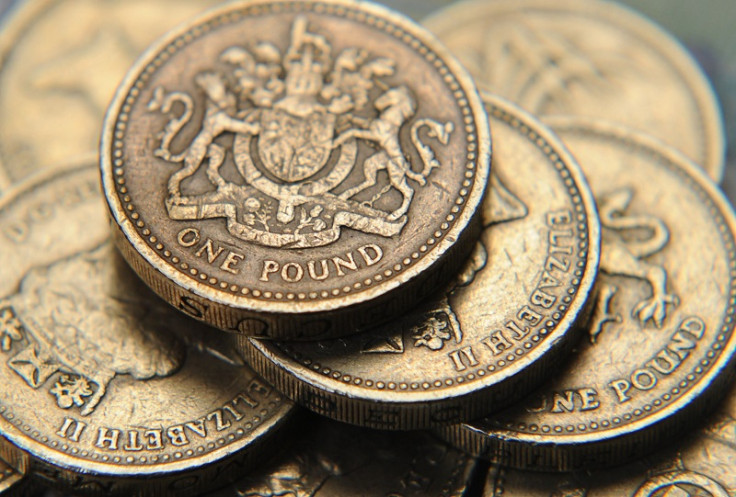UK government should adopt a policy to keep the sterling competitive, economists say
Economists Roger Bootle and John Mills say imports exceeding exports amid a costly sterling is a leading cause of the UK's large current account deficit.

The value of the sterling is known to have touched its 30-year low recently following the UK's vote to leave the European Union. Economists Roger Bootle and John Mills, writing in The Real Sterling Crisis: Why the UK needs a policy to keep the exchange rate down, a new Civitas pamphlet published on 14 September, have argued that a competitively priced sterling is in fact good for the health of the UK economy.
The duo said that the UK government should continue to keep the sterling at competitive levels in the years to come. They have even suggested the government adopt a new exchange rate policy that is designed for this purpose
"Far from panicking about the lower pound, the UK authorities should be concerning themselves with the question of how they can ensure that the pound continues to trade at a competitive level in the future.
"The exchange rate of the pound is vital to the success and health of the UK economy and the fact that it has long been stuck at much too high a level bears much of the responsibility for the economy's current ills," they said.
The economists went on to attribute the decline in the UK manufacturing levels and the poor growth in productivity to a costly sterling. They said this intensified "the problems associated with employing lower skilled workers, increases inequality, and accentuates the regional divide."
They added that the costly sterling had made exports expensive and had increased imports as it had become cheaper. This they said was a leading cause of the UK's large current account deficit.
The economists said that this deficit undermined the UK's financial future. "The UK is now a substantial net debtor. Excessive borrowing would be bad enough but the UK has increasingly sold real assets. The result is that not only is the present borrowing from the future, but there is also a loss of national control over important parts of the economy," they explained.
With regards to restrictions by G7 on manipulating exchange rates for competitive advantage, the economist said there were ways to pursue a policy that maintains a competitive exchange rate without the UK having to break its G7 commitments.
They explained that these ways include putting less reliance on a policy of high interest rates, continued fiscal stringency in addition to the use of its central bank's Prudential Policy toolkit. Making UK real assets less attractive to foreigners was another measure that could be taken.
© Copyright IBTimes 2025. All rights reserved.





















